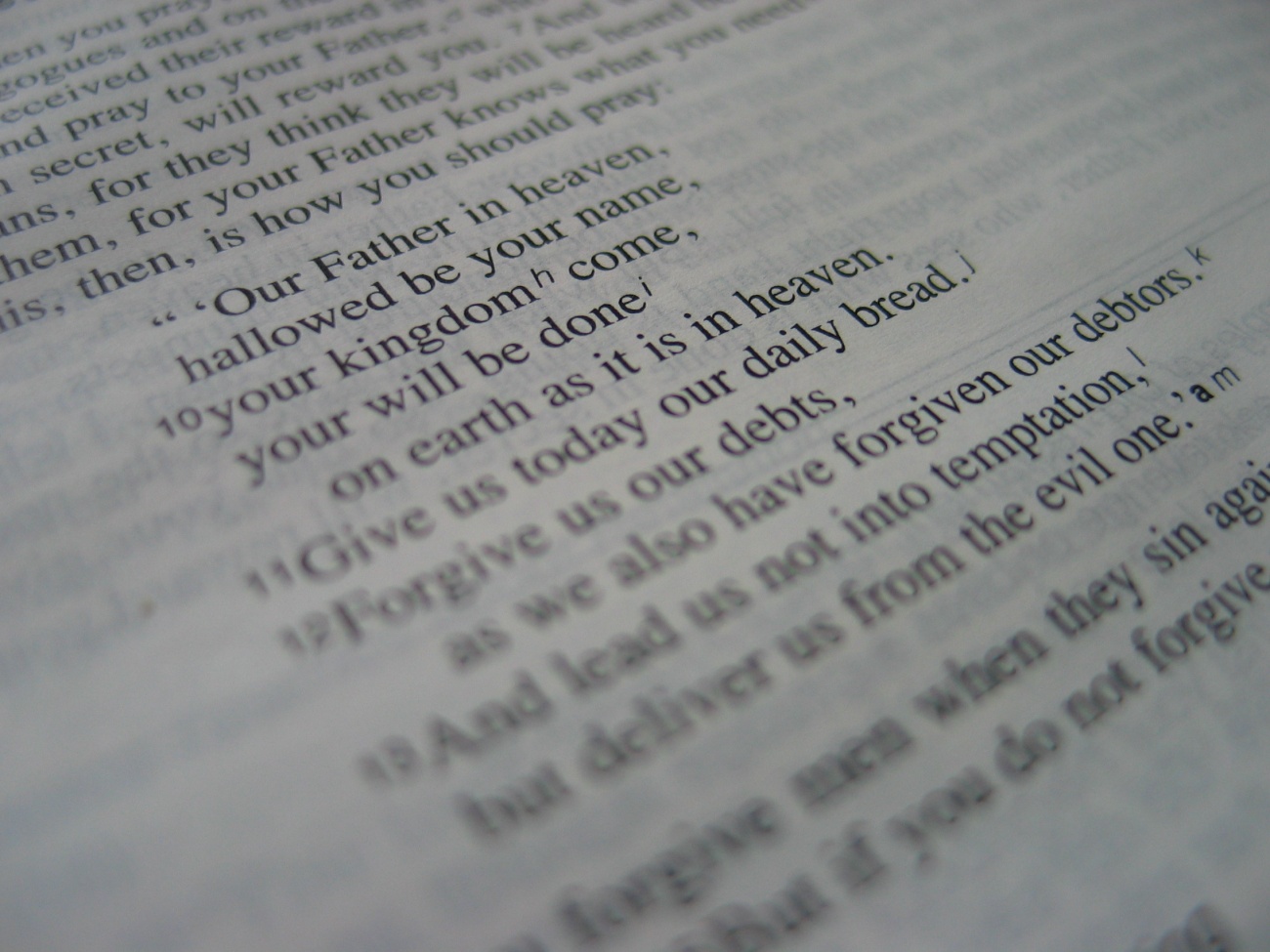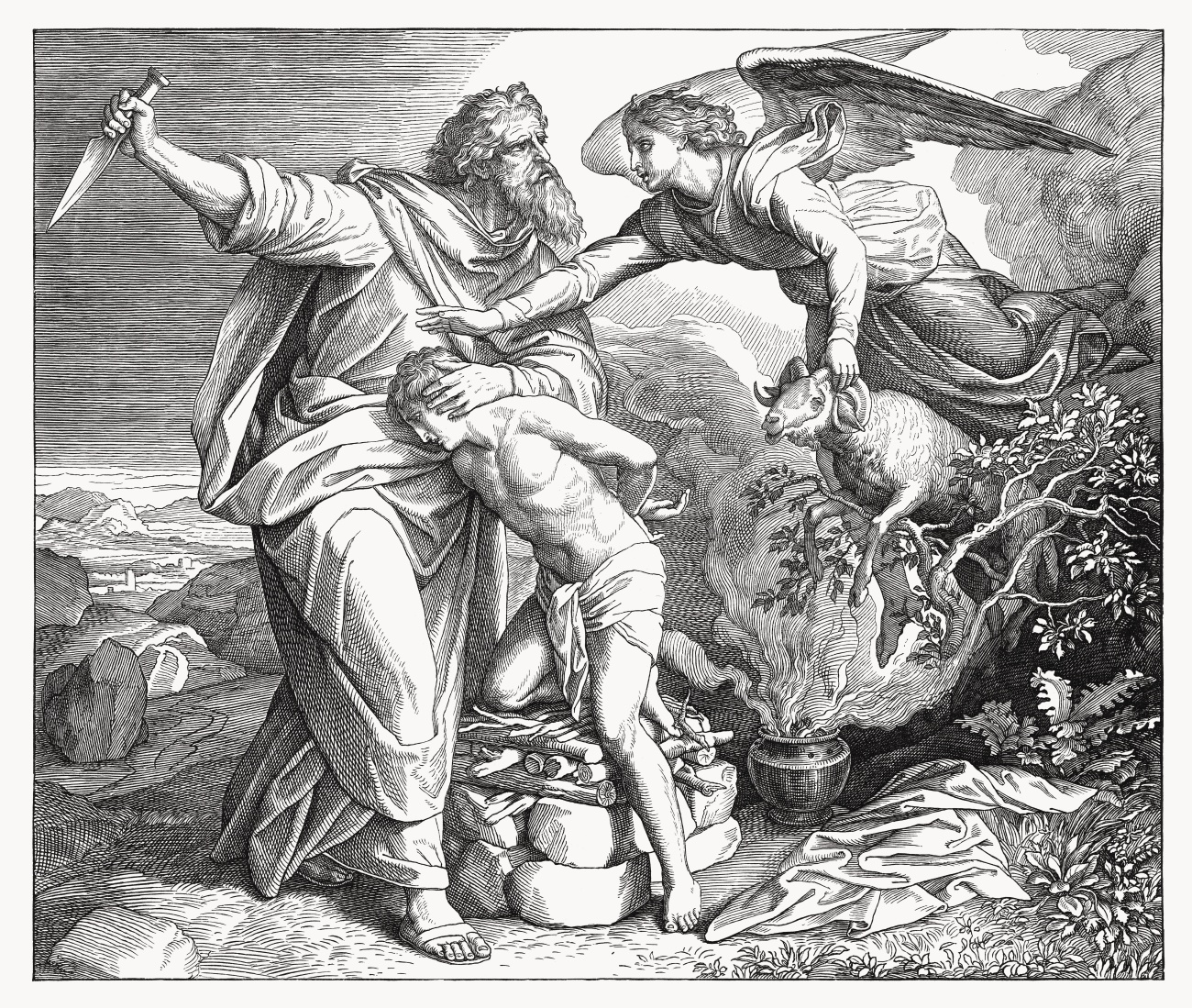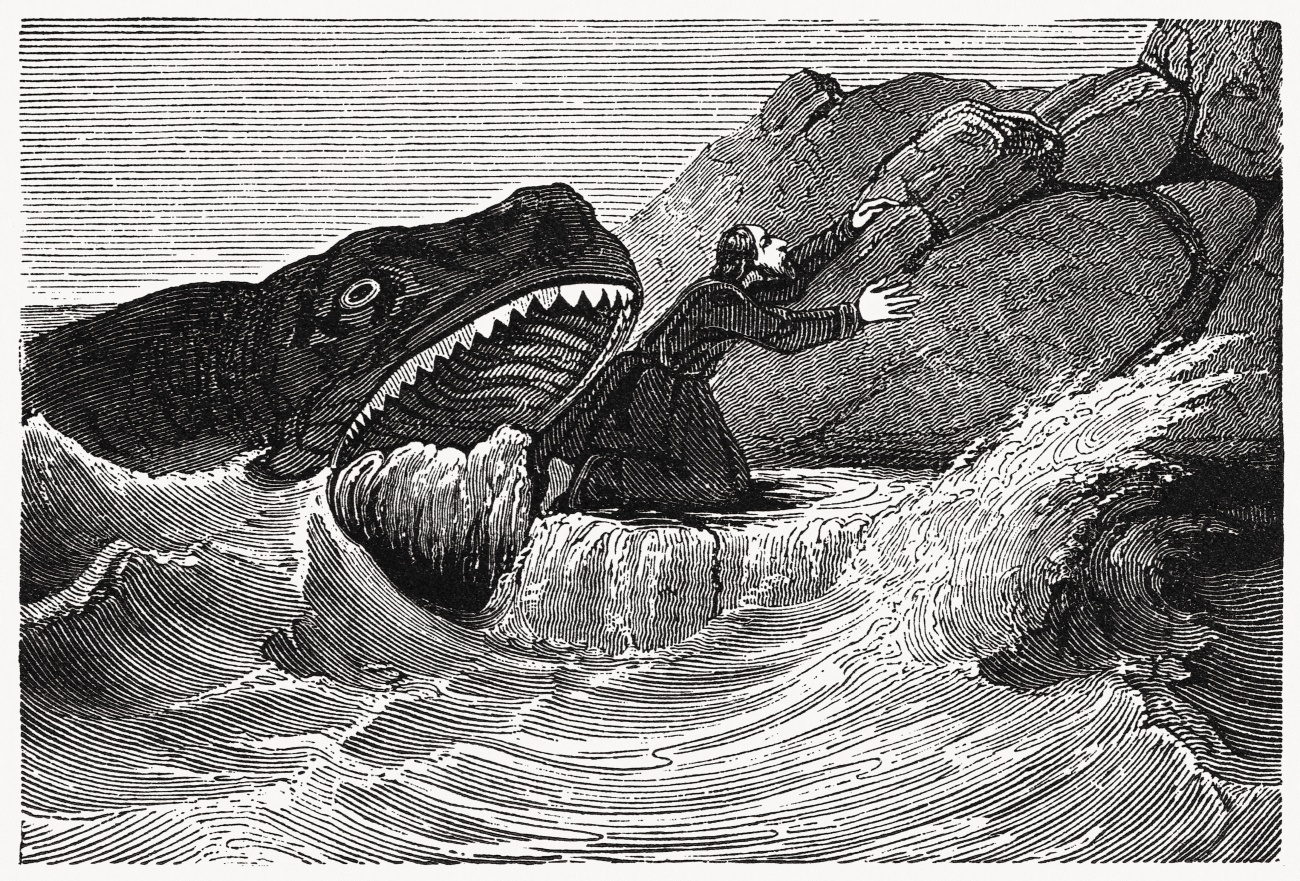Thy Will Be Done
We are challenged to follow Mary’s example and say ‘yes’ to God’s will for us.
A very dear friend of mine, a man of great intellectual powers and possessed of a deep and abiding faith, once told me that his favorite prayer was just four words long; “Thy will be done.” These four words are the heart and soul of all prayer, yes, even the Lord’s prayer that Jesus gave to us himself. They represent a humble submission to the will of God, believing that his will is always and perfectly for our good.

This prayer’s effectiveness, this submission to God’s will, which is often mysterious to us, is not without precedence, or lacking in examples. We see this kind of submission to God’s will in Abram who was comfortable in his life in Ur, possessing all life’s comforts, rich in property, flocks, and family. When God came to him and told him, “Leave your native country, your relatives, and your father’s family, and go to the land that I will show you. I will make you into a great nation. I will bless you and make you famous, and you will be a blessing to others” (Gen. 12:1-3). Abram said ‘yes’ to God and did exactly what God asked of him and became known as Abraham. We see this again when he is told to sacrifice his only son, Isaac. And Paul tells us in Romans 4:3, that because “Abraham believed God, it was credited to him as righteousness.”

We would see this submission to the will of God in Moses, as well. He who first encountered God in the burning bush would accede to the will of God. He would say ‘yes’ to God by accepting God’s will for him to go back to Egypt, even though he knew how dangerous that would be for him. With the help of God’s many graces and interventions, Moses convinced the reluctant and recalcitrant Pharaoh to set the Jews free. Honoring God’s will, he would then lead the People of God, out of slavery and into freedom. He would lead them and intercede for them to God in the desert for forty years. But because of his impatience at Meribah, hitting the rock a second time to bring forth water, he would not be allowed to enter the Holy Land himself.

We see other, more reluctant examples, too. For example, the prophet, Jonah. We see him in a desperate attempt, at first, to escape the will of God who had commissioned him to go to the people of the great city of Nineveh, with a dire warning of destruction. Jonah paid for this by being swallowed by the whale. But after his three day long ‘death’ in the belly of the whale, he was cast out upon the shore. Then he said ‘yes’ to God’s will and went to Nineveh and his preaching brought about the repentance of the people and because of this the city and its people were spared from God’s wrath. Because of Abraham and Moses’ ‘yes’ to God’s will in faith, and Jonah’s reluctant “yes”, God’s will was, in the end, accomplished.

We have yet another example of a person saying “yes” to God’s will in the young Jewish girl of Nazareth, whose name was Mary. Her ‘yes’ would accomplish God’s will in a way far greater even than those of both Abraham and Jonah. God sent his Messenger, the angel Gabriel, to the town of Nazareth to the teenager, Mary. When Gabriel appeared before her he greeted her saying, “Hail, full of grace! The Lord is with you” (Lk. 1:28). She was troubled, not knowing the meaning of this greeting and the angel told her, “Do not be afraid, Mary, for you have found favor with God” (v.30).
Then she is told that the Holy Spirit will come upon you and the power of the Most High will overshadow you and you will bear a son, and his name will be Jesus. What message could be more incomprehensible to one so young. But she was a young woman of great faith. Her response to the angel’s message was a statement of pure and innocent faith; “Behold, I am the handmaid of the Lord. May it be done to me according to your word” (v. 38). Her innocent, faithful ‘yes’ to God’s will was the opening verse of the story of our salvation.

At this Christmas time when we again celebrate the birth of Jesus, made possible by Mary’s faithful ‘yes’ to God’s will, we are challenged to follow Mary’s example and say ‘yes’ to God’s will for us. He comes to each of us every day and asks us if he can enter into our own lives, to bring his word of salvation to the world we live in here and now. Let us, then, say ‘yes’ and earnestly pray in faith, “Thy will be done.” Amen.
SKM: below-content placeholderWhizzco for FHB

